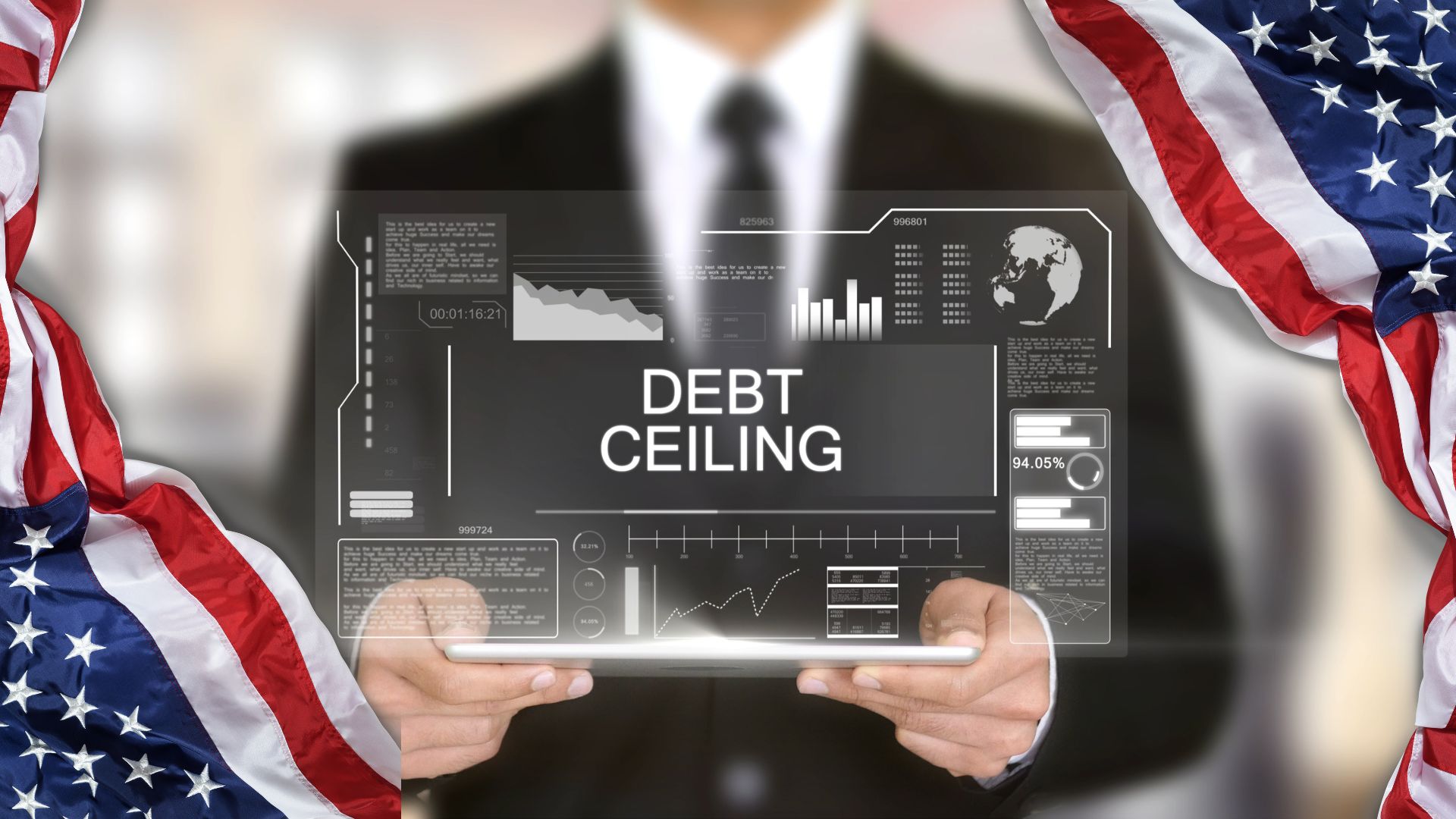Treasury Secretary Janet Yellen has warned that the Treasury may be unable to pay the U.S. government’s bills without an increase in the debt ceiling. But what happens if an increase isn’t approved?
The U.S. Treasury has warned that it may not be able pay the U.S. government’s bills beyond June 1 if Congress doesn’t increase the debt ceiling. Treasury Secretary Janet Yellen has sent a letter to Congress reiterating the urgency of reaching a deal between congressional Republicans and the White House to avoid a default on debt.
The US federal debt limit currently stands at $31.4 trillion – $24.6 trillion of which is public debt. The largest foreign holders of U.S. debt are Japan (14.88%), China (11.96%) and the UK (8.88%).
Yellen has repeatedly warned Congress that a failure to increase the debt limit could trigger an “economic catastrophe”, adding that a default would cause “severe hardship to American families, harm our global leadership position, and raise questions about our ability to defend our national security interests.”
A default refers to the moment a government is unable to pay back its outstanding debts, including Treasury bonds, bills, and notes, on the dates they are due. There has never been a complete default in the U.S., but it’s come close a few times, most notably in 2011, following a prolonged standoff between Congress and the Obama administration over raising the debt ceiling. An agreement was nonetheless reached, averting a major economic crisis.
National debt defaults wreak havoc on economies. Consequences of a default would include:
- Market turmoil and volatility. In the event of a default, investors would likely lose confidence in the government’s ability to manage its finances, causing a sell-off of government bonds and other securities. This would lead to significant market turmoil which could ripple through various financial instruments, including stocks, bonds, and currencies. Since the U.S. dollar is widely used in international trade, a default would very likely disrupt global markets.
- Skyrocketing borrowing costs. Following a default, lenders will demand higher interest rates to compensate for the increased risk associated with lending to a defaulted entity. This would lead to higher interest rates on mortgages, business loans, and consumer credit, heavily impacting the everyday lives of average citizens.
- Economic downturn. As borrowing costs increase and confidence wanes, businesses may face difficulty accessing credit, leading to reduced investment and job losses. Lower economic activity can result in declining GDP, rising unemployment rates, and reduced tax revenues for the government.
- Weakened U.S. dollar and inflation. The U.S. dollar serves as the world’s primary reserve currency and is widely used in international trade and financial transactions. A default could erode global confidence in the U.S. dollar, potentially leading to a depreciation of the currency. This would not only impact the purchasing power of the dollar, but could potentially disrupt global trade and financial flows.

What would a U.S. debt default mean for the average American?
In an interview with NPR, Samantha Sanders of the Economic Policy Institute said that the first people impacted by a default would be the most vulnerable, or anybody on some form of government-funded program.
She said: “So you’re talking seniors or people with disabilities who get Social Security payments, military personnel and veterans benefits, federal employees, people who are getting support from programs funded by federal money like SNAP for food stamps, housing assistance.”
This would have a huge ripple effect on the wider economy since low to middle income spenders will be forced to reduce spending.
Another impact would be job losses. When asked if people should be worried about their jobs, Sanders replied, “absolutely”.
She explained: “Unfortunately, in the scenarios that are happening right now, people should absolutely be worried about their jobs, the state of the economy, the impact this could have on kind of our economic growth. And they should also be worried about that in the case of the debt ceiling deal that Speaker McCarthy and House Republicans recently passed, which would also have an impact on jobs and on restraining growth.”
What would a debt default mean for cryptocurrency?
During inflationary periods, investors turn toward safe haven assets to protect their wealth. Bitcoin is widely seen as a potential hedge against inflation due to its fixed supply and decentralised nature. With a fixed supply cap of 21 million bitcoins and no central authority controlling its issuance, BTC tends to hold (if not increase) its purchasing power during inflationary periods.
This means that a default would likely drive up the value of BTC as investors seek to protect their wealth.
Bitcoin aside, the general crypto market will likely become significantly more volatile in the event of a default. For an experienced investor, a volatile market brings as much opportunity as it brings risk, but novice investors would need to tread significantly more carefully.
Disclaimer: CryptoPlug does not recommend that any cryptocurrency should be bought, sold, or held by you. Do conduct your own due diligence and consult your financial advisor before making any investment decisions.




